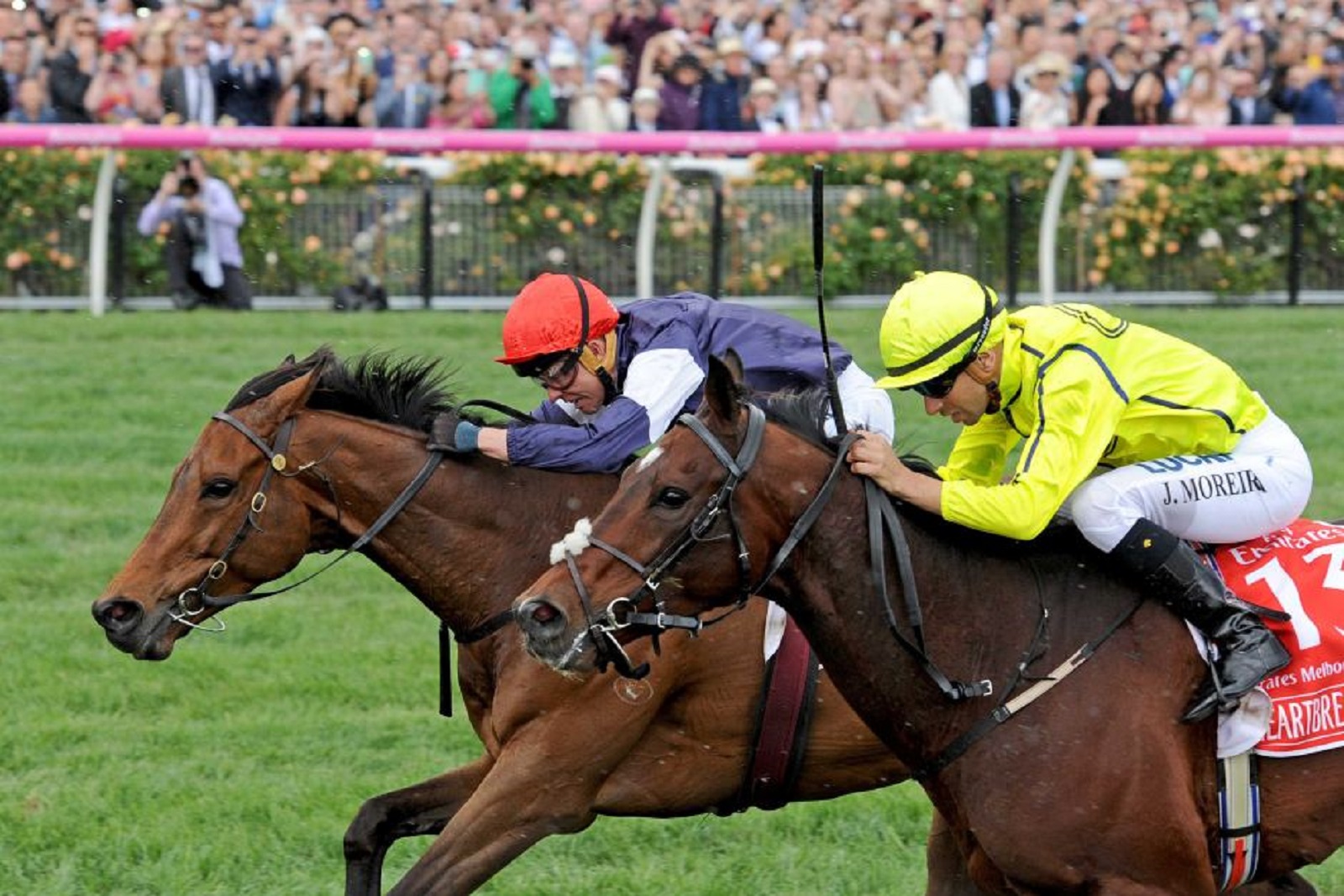Did you have a flutter on the Melbourne Cup last week?
Each year, Australians sink hundreds of millions of dollars into the outcome of the race that stops a nation.
As far as “investments” go, it’s as short term as they come (a little over three minutes, actually), with incredibly uncertain prospects of a return (in horse racing – as with investing – there’s no guaranteed way to know you’re going to back a winner).
But regardless of whether you’re punting on the ponies or putting together a portfolio designed to secure your financial future, before you loosen the purse strings too much you really need to do your research.
While form and past performance are no guarantee of future success, it still pays to know the pedigree of your selections and understand where they are currently sitting in the market.
It’s also a good idea to listen to the advice of someone who knows what they are talking about.
For punters keen to put some wisdom behind their wagers, there’s always plenty of racing experts sharing their tips on the first Tuesday in November.
When it comes to investing, I also have a stable of financial heavyweights whose words of advice I turn to time and again.
While it’s always best to seek assistance from a professional when it comes to specific investment decisions, here’s a financial form guide (or sorts) from those in the know:
“Never invest in a business you can’t understand.” Warren Buffett.
History is littered with investors who have lost money investing in things they don’t understand. Whether it’s property, shares, bitcoin or gold, if you don’t understand what you are getting into, or if the investment is overly complex, stay away.
“The four most dangerous words in investing are: ‘this time it’s different’.” Sir John Templeton.
Templeton was an investment manager, philanthropist, and one of the most successful investors of the 20th century. Here Templeton reminds us that when investing, it’s important to take a long term view and remember that markets move in cycles. Successful investors are able to keep their emotions in check during rising AND falling markets. Emotional investment decisions can often prove costly in the long run.
“The investor’s chief problem and even his worst enemy is likely to be himself.” Benjamin Graham.
Graham was a noted investor and academic, and is widely referred to as “the father of value investing”. His book The Intelligent Investor is considered to be essential reading by many successful investors. Market fluctuations are normal. Graham reminds us the importance of sticking with the plan. Ignore the crowd. Shut out the noise. More damage is done by investors reacting to events, than by simply letting events run their course. In fact, the average investor actually under-performs their own investments.
“The individual investor should act consistently as an investor and not as a speculator.” Benjamin Graham.
It is difficult – near impossible – to make short-to-medium-term forecasts on individual investments, markets or economies. The good news is that this is not a skill that is required by the successful investor! The nature of investment capital is that, when put to use, it will expand over the long term – production will increase, company earnings will rise, profits will climb, and the pie will grow over time. Sound investment is based on these principals.
“How many millionaires do you know who have become wealthy by investing in savings accounts?” Robert G Allen.
With interest rates on savings accounts hovering around the 1-2% range, tucking your savings away in the bank is hardly putting your money to work. On the flip side, despite the seemingly endless turmoil of global events over the last 30 years, $10,000 invested in Australian shares in 1987 would be worth $115,000 today, while $10,000 invested in US shares over the same period would have grown to $146,000.*
When investing, it is important to have a philosophy (or set of investment rules) that are aligned with your personal values and your desired outcomes.
It’s also important to realise that – just like the Melbourne Cup – investing isn’t a sprint. You’ll need true staying power if you want to secure your dividends in the long term.
* Investment period 1/7/1987 to 30/6/2017. Source Vanguard Investments Australia Ltd.
Contact Leon to book your complimentary 15 minute phone or video chat.
[/et_pb_cta][/et_pb_column][/et_pb_row][/et_pb_section]









